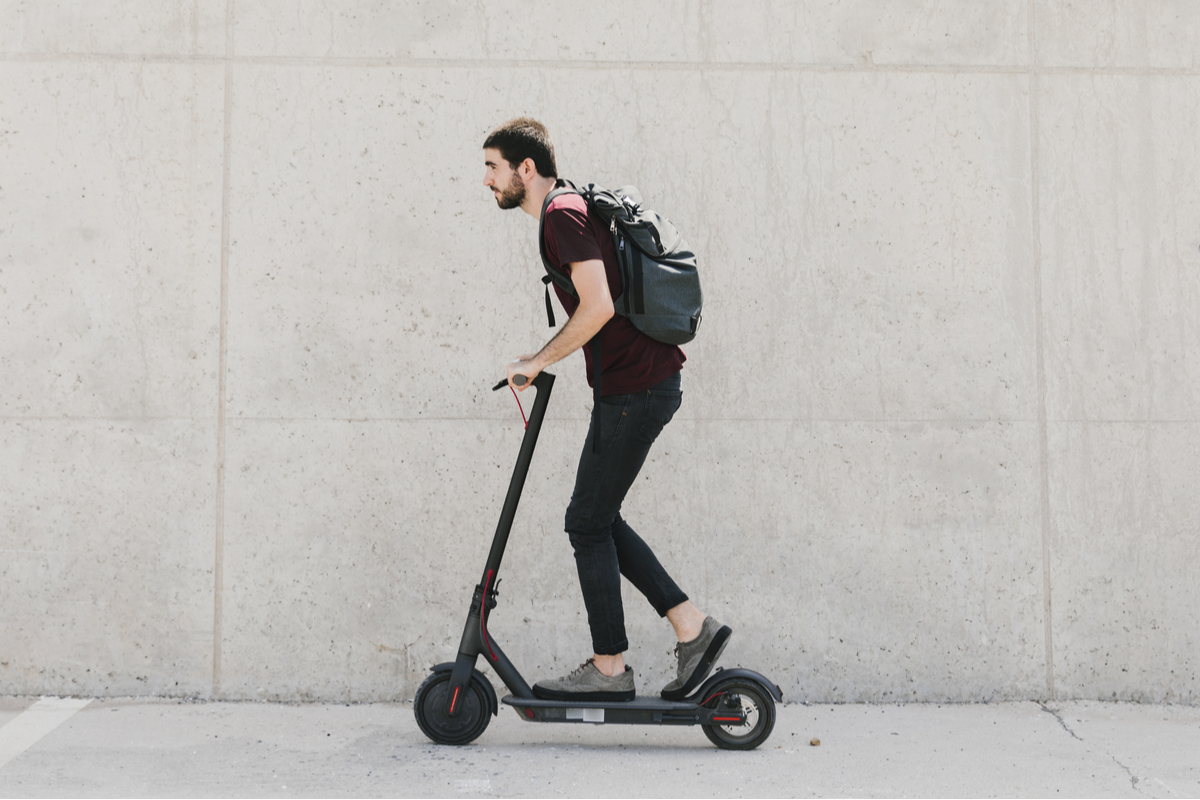University College London (UCL) has partnered with micromobility operators including TIER, Lime and Dott to develop a “universal sound” to warn pedestrians of approaching rental e-scooters.
The sound is being developed to help road users, including people with sight loss, identify a rental e-scooter regardless of its operator.
UCL’s Person-Environment-Activity Research Laboratory (PEARL), part of the UK’s national research facility for infrastructure and cities, is leading the Transport for London-endorsed project.
The e-scooter sound will be developed in London starting next month. The research is expected to produce a sound that caters to the needs of individuals including those with sight loss, hearing loss and neurodiverse conditions.
It will be “ethically” tested at the PEARL research facility, which can create different city environments before testing it in the real world.
The joint initiative is an industry first and follows extended engagement with disability experts and access consultants, including Transport for All, Thomas Pocklington Trust, and the Royal National Institute of Blind People.
The project follows an explosion of mobility operators providing rental e-scooters across the UK as part of a government trial launched in 2020.
Billions of pounds have been invested by VCs into e-scooter operators, which charge riders a small fee to unlock the electric vehicle and then a per-minute fee of around 15p during use.
However, concerns have been raised over riders taking the vehicles onto the pavement and using them irresponsibly.
“This is an exciting project to work on to ensure that people with a range of different capabilities can know when an e-scooter is nearby and how it is moving, enabling them to comfortably and safely move around the urban environment,” said professor Nick Tyler, director at UCL PEARL.
“Through studying how the human hearing system has evolved, we can create sounds for e-scooters that are detectable without adding more noise to the environment. We plan to test a range of combinations of sounds and environments at UCL PEARL with people who are less likely to detect e-scooters nearby, so that we create a sound that works for all.”
Joanna Wootten, chair of TfL’s Independent Disability Advisory Group, said: “IDAG is really excited about the London operators’ methodical and collaborative approach to creating an audible sound for their e-scooters. They are breaking new ground where there are currently no standards or regulations in place.”
The post Mobility startups partner with UCL to create ‘universal’ e-scooter sound appeared first on UKTN | UK Tech News |.


